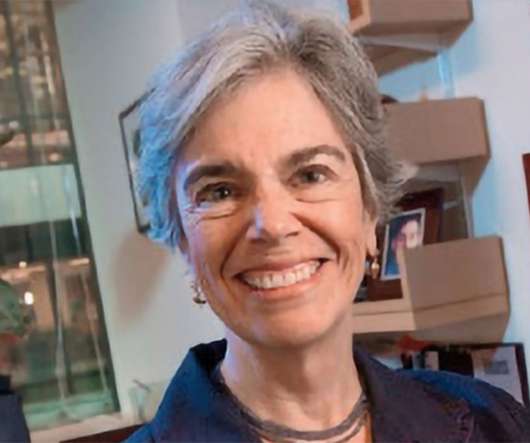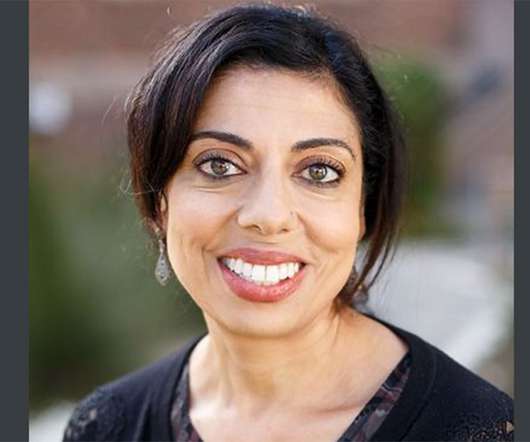How to Prepare for Your Preventive Care Visit
Mesa Family Physician
MARCH 6, 2025
James Martínez, family medicine physician at Community Health Partners, explains: “Preventive care represents one of the most powerful tools we have in medicine. Identifying health concerns before symptoms appear gives us tremendous advantages in treatment success and minimizing long-term complications.












Let's personalize your content